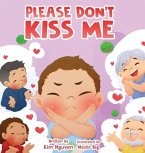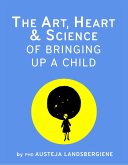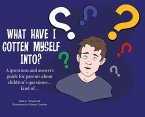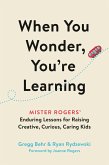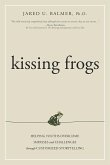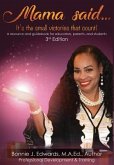Play Is Back Reassuring to parents and educators, Einstein Never Used Flash Cards shows why-- and how-- to step away from the cult of achievement and toward a more nurturing home life full of imaginative play and love of learning. "An elegant summary of what mind and brain science can tell us about child development and learning. The reasonable and reassuring implications the authors draw from this research provide a much-needed corrective to the hype and distortions all too prevalent in the popular media. Finally, the truth!"--John T. Bruer, Ph.D., president of the James S. McDonnell Foundation and author of The Myth of the First Three Years "Parents eager to know what to do-- and even more important, what not to do-- to help their children discover and take advantage of their hidden talents will find this well-written book a treasure trove of information and advice. A trustworthy parenting resource from two highly respected scholars!"--Linda Acredolo, Ph.D., professor of psychology at the University of California, Davis, and author of Baby Signs and Baby Minds "This book makes it easy to be a good parent! It explains how, by nurturing your child's love for learning through play, you will foster initiative, creativity, curiosity, empathy, and self-esteem-- in sum, a happy child. Isn't that what we all want? Indeed, I gained many new insights into how my 4- and 2-year-old daughters are engaged in learning through their own magical play."--Janet Rice Elman, executive director of the Association of Children's Museums in Washington, D.C. "Although parents know that the early years are learning years, just what that means has been confusing-- until now. Einstein Never Used Flash Cards makes practical sense of the vast number of technical studies and hyperbole of advertising claims. It explains in clear, compelling, and scientific terms how learning really takes place. This book is a must-read for parents, grandparents, teachers, caregivers, pediatricians, and policy makers-- in other words, all those who care about and for the next generation of children."--Ellen Galinsky, president and cofounder of the Families and Work Institute in New York City


